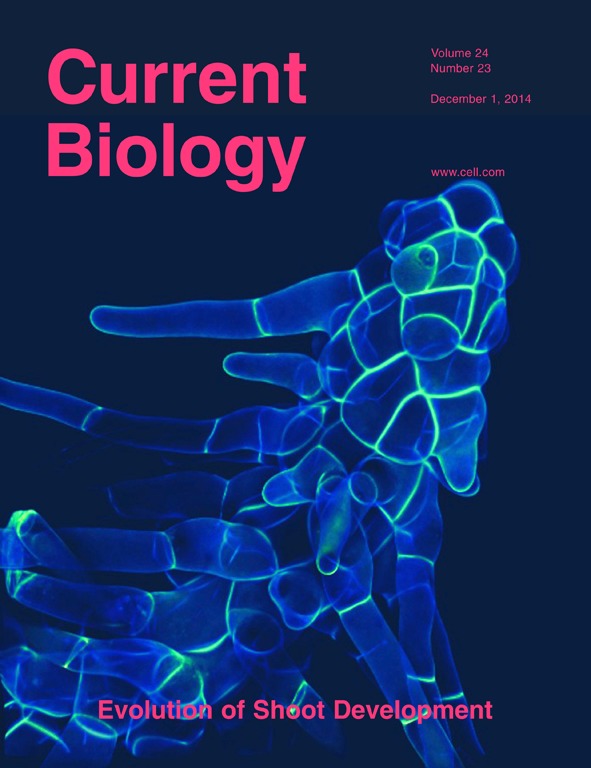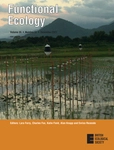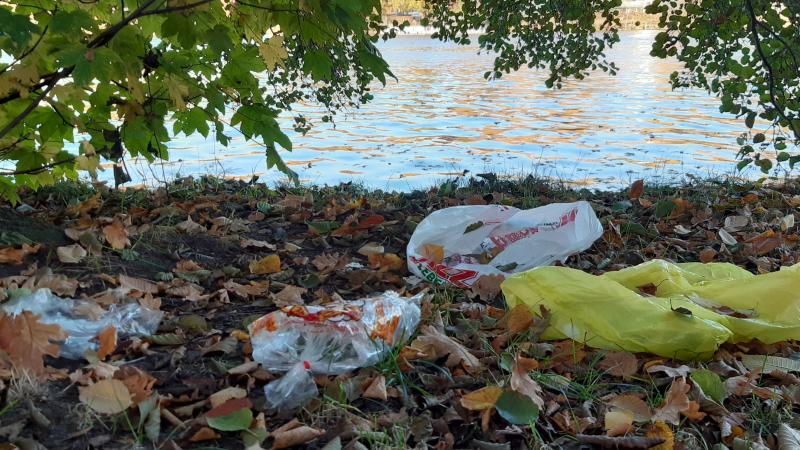(Dept. 4) Fish Biology, Fisheries and Aquaculture
In the Department of Fish Biology, Fisheries and Aquaculture we seek to understand the ecological and evolutionary processes that structure populations and communities of freshwater fishes and affect their functions and ecological services. An important part of our work focuses on interactions between natural and anthropogenic factors and their effects on evolution, reproduction, stress, development, growth, behaviour, productivity and recreational quality of fish. Our goal is to create the scientific foundations for the conservation of wild fish populations and for sustainable fisheries management and aquaculture. The methodological approaches include hypothesis-driven laboratory research, mesocosm experimentation, lake manipulation, comparative field studies and theoretical modelling.
Research groups
Department members
Selected publications
Persistent inequities in global lake science
The study shows that, of the approximately 2,500 lakes that had been scientifically investigated by 2020, around 50 per cent were located in North America, 21 per cent in Asia, and 16 per cent in Europe. In contrast, lakes in Africa, South America and Oceania have been much less researched.
One-quarter of freshwater fauna threatened with extinction
The largest global assessment of freshwater animals on the IUCN Red List of Threatened Species to date has revealed that 24 per cent of the world’s freshwater fish, dragonfly, damselfly, crab, crayfish and shrimp species are at high risk of extinction.
Collective anti-predator escape manoeuvres through optimal attack and avoidance strategies
The research team investigated the predator-prey behaviour of striped marlins (Kajikia audax) and sardine shoals (Sardinops sagax caerulea) in the open ocean. Their findings reveal that individual prey in groups follows simple decision-making rules, which lead to complex, collective self-organized manoeuvers – and that this response is something predators can capitalize on.
Evidence for a by-product mutualism in a group hunter depends on prey movement state
Why do animals hunt in groups? The authors have shown in a field study in the ocean off Mexico: the faster the prey school moves, the higher the capture rate of the striped marlin. This is because if the prey school is moving fast, individual prey fish are more likely to become isolated. These isolated fish are then easily caught by the non-attacking marlins, an advantage of group hunting.
Evidence for a by-product mutualism in a group hunter depends on prey movement state
Researchers from the Cluster of Excellence Science of Intelligence (SCIoI), in which the Humboldt-Universität zu Berlin (HU Berlin) and the Leibniz Institute of Freshwater Ecology and Inland Fisheries (IGB) are involved, have proven in an underwater field study in the ocean off Mexico: the faster a school of prey moves, the higher the capture rate of the striped marlin.








